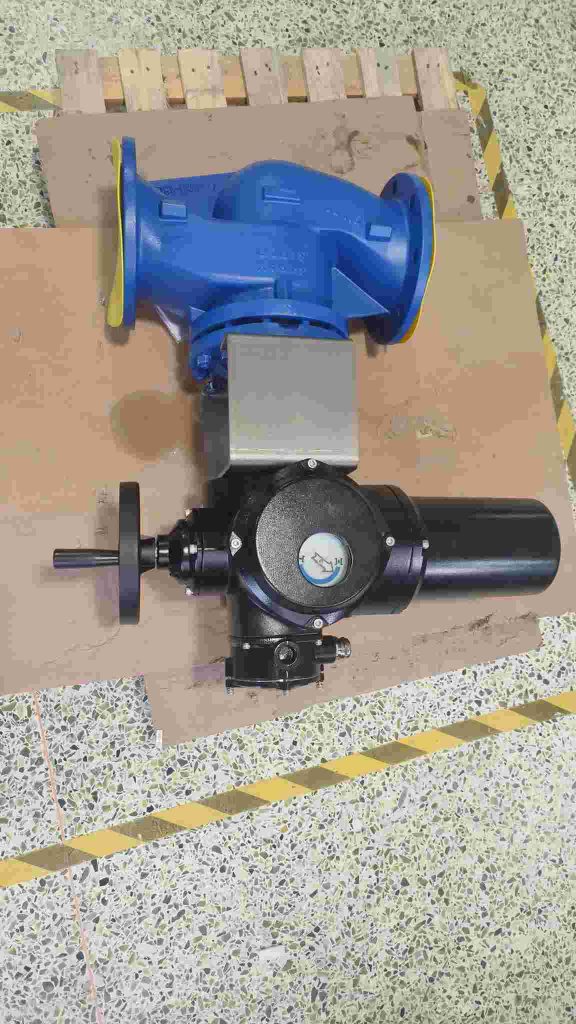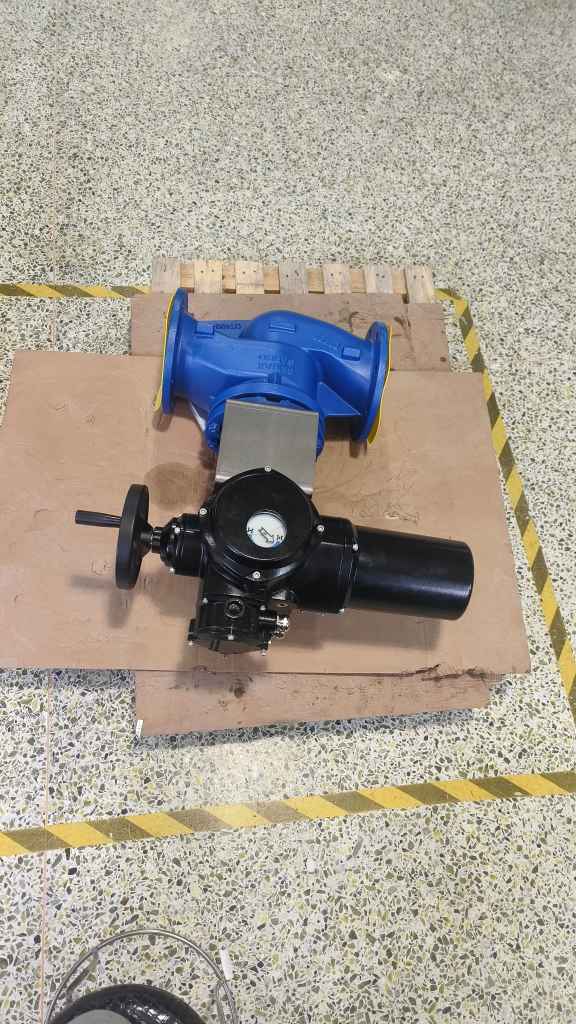As the world increasingly turns towards renewable energy sources, hydrogen energy has emerged as a promising alternative. Known for its high energy density and low emissions, hydrogen is becoming integral in various applications, from fuel cells to industrial processes. However, the safe handling and management of hydrogen energy are paramount, given its highly flammable nature. One crucial component that ensures safety in hydrogen energy systems is the hydrogen energy electric shut-off valve.

Understanding Hydrogen Energy Electric Shut-Off Valves

A hydrogen energy electric shut-off valve is a mechanical device designed to control the flow of hydrogen in various systems. It can either open or close in response to electrical signals, making it a vital component in automated hydrogen systems. These valves are used in various applications, including fuel cell vehicles, hydrogen refueling stations, and industrial hydrogen storage and distribution systems. The primary function of a shut-off valve is to stop the flow of hydrogen in case of a malfunction, leak, or emergency. This ability to quickly isolate sections of a system helps prevent catastrophic failures, ensuring both safety and reliability. Electric shut-off valves are preferred over manual valves in many applications due to their ability to respond rapidly to control signals, minimizing human error and improving overall safety.
